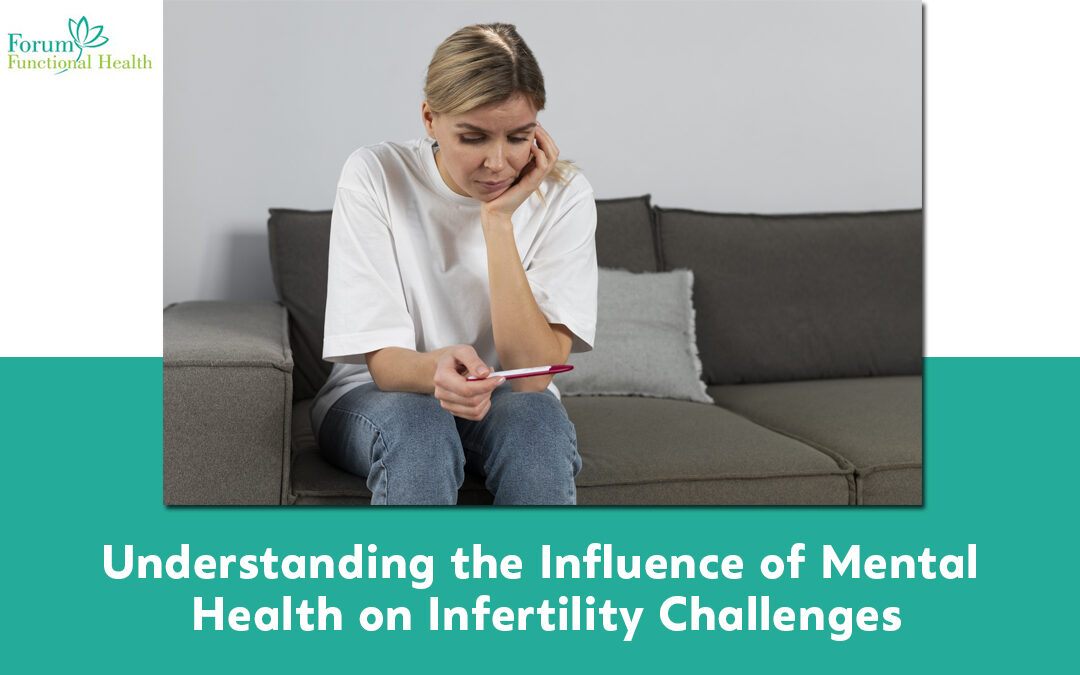Infertility is a deeply personal and often misunderstood issue that affects millions of people worldwide. While the physical aspects of infertility are well-documented, the role of mental health in this journey is equally significant yet frequently overlooked. In this blog, we will delve into the impact of mental health on infertility challenges, shedding light on how emotional well-being can influence one’s fertility journey.
Introduction to Infertility and Mental Health
Infertility is defined as the inability to conceive after a year of unprotected intercourse for women under 35, or six months for women over 35. While infertility is commonly perceived as a physical condition, its emotional toll can be immense. The stress, anxiety, and depression associated with infertility can exacerbate the challenges couples face in conceiving.
Understanding the Psychological Impact
The emotional rollercoaster of infertility can take a toll on individuals and couples. Feelings of inadequacy, guilt, and shame often accompany the diagnosis of infertility. Moreover, the pressure from societal expectations and well-meaning but insensitive comments from friends and family can further compound these feelings.
The Connection between Stress and Fertility
Research suggests a clear link between stress and infertility. High levels of stress can disrupt hormonal balance, leading to irregular menstrual cycles and ovulation problems. Additionally, stress can affect sperm production in men. Therefore, managing stress is crucial for optimizing fertility outcomes.
Depression and Anxiety in the Fertility Journey
Individuals experiencing infertility are more prone to depression and anxiety. The constant cycle of hope and disappointment can take a significant toll on mental well-being. Moreover, the financial strain of fertility treatments adds another layer of stress, exacerbating existing mental health issues.
Coping Strategies for Emotional Well-being
While infertility can be emotionally challenging, there are strategies individuals and couples can employ to support their mental health
Seeking Support: Joining infertility support groups or seeking therapy can provide a safe space to express emotions and gain valuable insights from others going through similar experiences.
Self-care Practices: Engaging in activities such as yoga, meditation, or journaling can help alleviate stress and promote emotional well-being.
Open Communication: Maintaining open and honest communication with your partner is essential. Sharing feelings and concerns can strengthen the bond between couples and foster mutual support.
Setting Boundaries: It’s crucial to set boundaries with friends and family regarding discussions about fertility. Politely declining intrusive questions or setting limits on how much information to share can help protect your emotional well-being.
The Role of Healthcare Providers
Healthcare providers play a crucial role in supporting individuals and couples navigating infertility challenges. By acknowledging the emotional impact of infertility and providing compassionate care, providers can help mitigate stress and anxiety among their patients.
At Forum Functional Health Center, we understand the profound impact of infertility on mental well-being. Our dedicated team of healthcare providers is committed to providing compassionate care that addresses both the physical and emotional aspects of infertility. Through open communication and personalized support, we strive to empower individuals and couples to navigate their fertility journey with resilience and hope.
In conclusion, addressing the mental health aspect of infertility is essential for holistic care. By recognizing the emotional toll of infertility and implementing supportive measures, individuals and couples can navigate their fertility journey with resilience and hope. Through open communication, self-care practices, and access to supportive communities, individuals can find solace and strength amidst the challenges of infertility.

